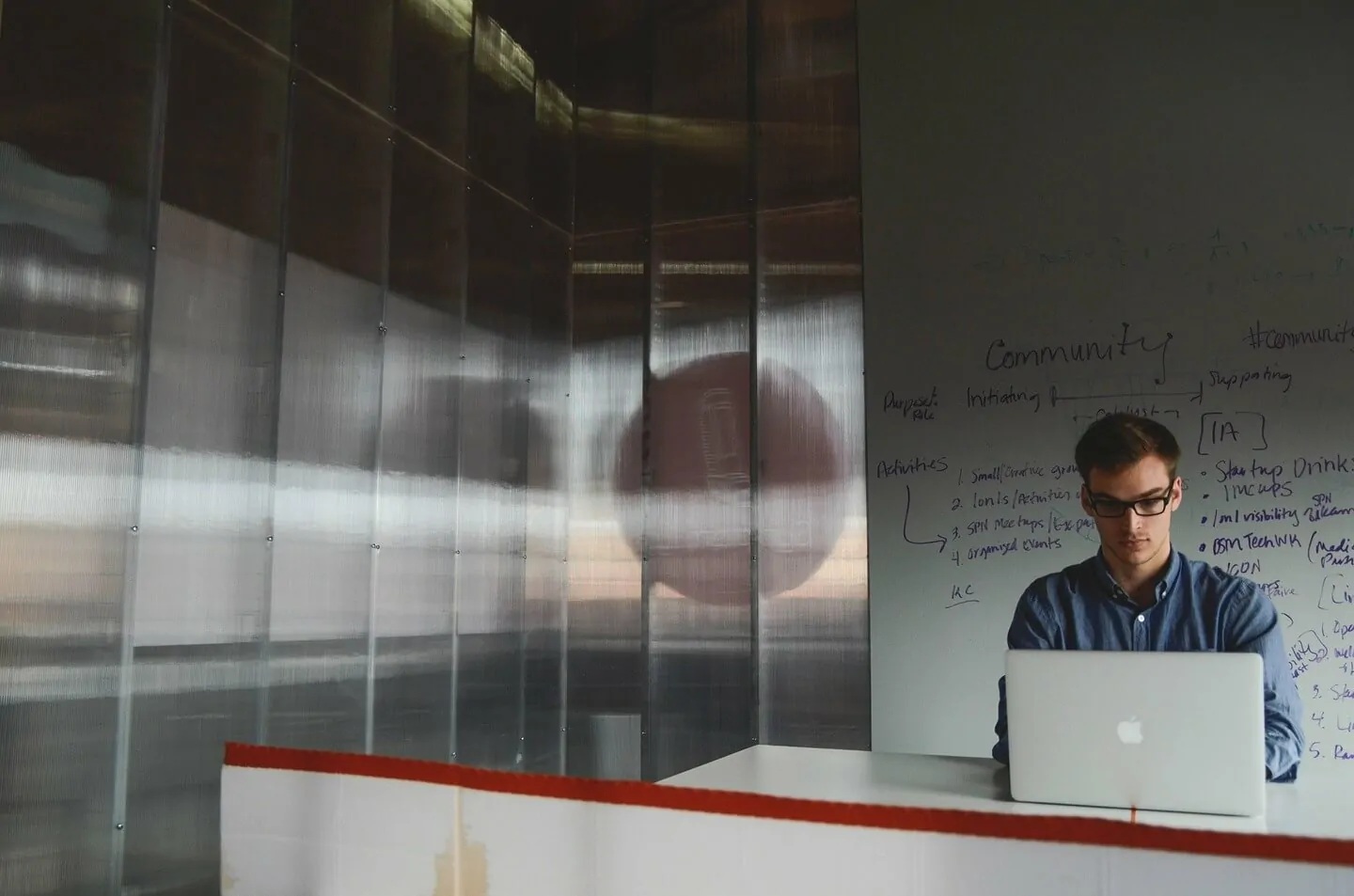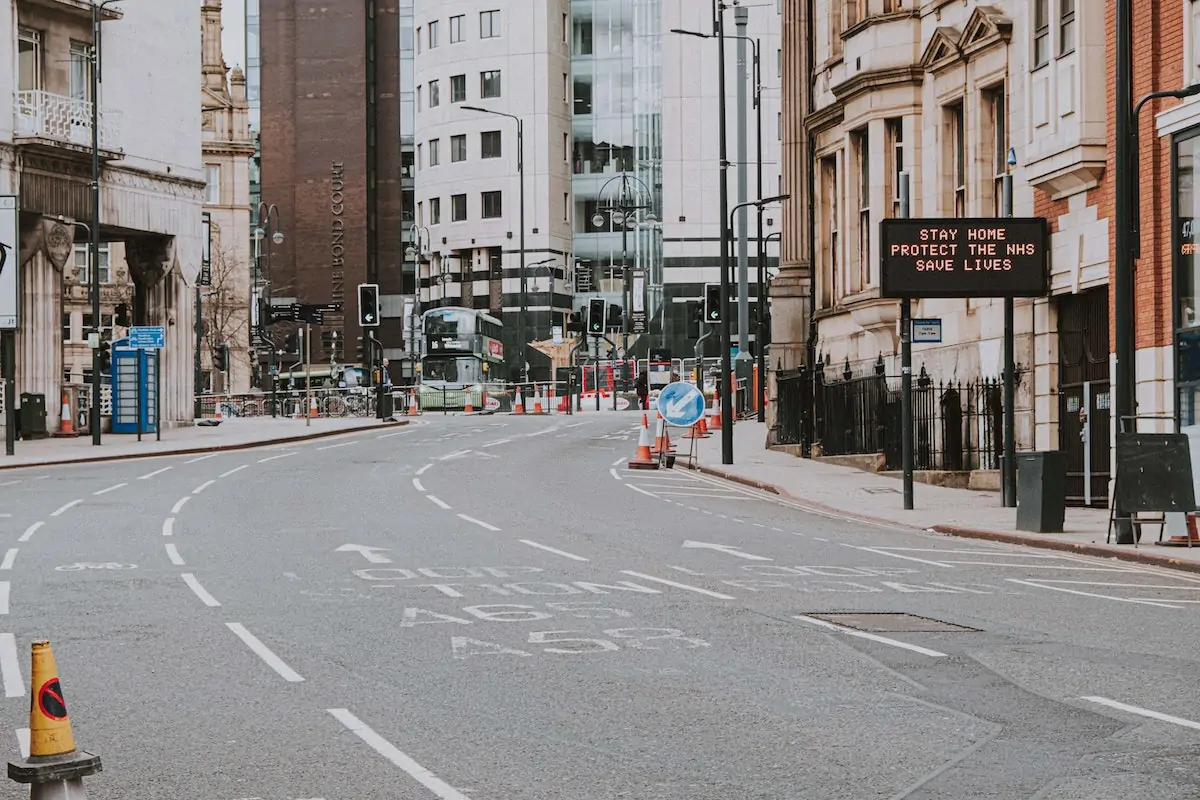
What to look out for in a Commercial Lease Agreement
8 Sep 2020Put simply, a commercial lease agreement is a legally binding contract between a landlord and a business owner outlining the terms of renting a property. However, understanding what to look out for in a commercial lease agreement often requires a professional to ensure you’re making the best choice for your business.
The cost of property, particularly in large city centres is continuing to skyrocket, meaning that many small business owners choose to rent when looking for new premises.
Despite this, the cost of a commercial lease over the full term can often be the same as the cost of purchasing a house, meaning the same level of due diligence and negotiation should be carried out when considering office space rental.
If the rent and rent review provisions are too high, it can significantly affect the profitability of your business. On top of this, many leases will also ask for a personal guarantor who will be personally liable for all the rent and any other sums payable under the lease. Here’s some other things to look out for when considering a commercial lease agreement:
Repairs Obligations
Repair obligations under commercial leases can be onerous, and some landlords may draft a clause to ensure that the tenant is effectively required to put the property in a better state at the end of the lease than it started with.
Tenants must also be careful to limit the extent that the landlord can enforce a schedule of dilapidations at the end of a lease, i.e., a list of the things they say you are responsible for repairing in the property. If this isn’t limited from the beginning, a landlord might require you to pay for tens of thousands of pounds of work at the end of the lease.
Alterations to an office
Another aspect that many people fail to consider is that any works or alterations that you need to do to the property will usually require the landlord’s consent. This covers both structural or non-structural work and includes anything from something simple like putting up a sign , through to more drastic changes such as knocking down a wall.
That’s why it’s vital to put a procedure in place to ensure you can make specific changes to an office space, and that any alterations have been consented to, to avoid any extra charges at the end of the lease.
It’s also worth noting that tenants will need to make enquiries as to whether that work requires planning consent from a government body, and if so, you’ll likely need help from a professional in obtaining that consent.
How to get out of a commercial lease agreement early
So, what happens if something unexpected happens to your business and you can no longer pay the rent? Does that mean you are tied into a lengthy contract? Not necessarily…
It’s important to employ a legal professional who can negotiate a break clause to give you the right to leave the premises at certain times throughout the term, should anything happen or if circumstances change. Another option would be to include a right to underlet or assign the lease to a third party who would continue to pay the remaining rental fees should you leave
These provisions will need to be drafted carefully right from the start to ensure that the conditions attached to them are not a burden on the tenant.
Service Charges and Rent Reviews
Unlike when you buy a property, renting a commercial space requires a tenant to pay a service charge to contribute towards the costs of repair, managing, insuring and maintaining the building and common areas.
With professional help you can make sure that these costs are not inflated and are in line with the state of repairs needed and services offered under the lease.
Can I stop a landlord from increasing the rent?
A provision can be added to the lease to ensure that the rent can be negotiated so it doesn’t rise above the market rate, and if the revised rent is not agreed, it can be decided by an independent third party such as a surveyor.
On the surface, a commercial lease agreement may seem straightforward, however there may be important aspects to consider that safeguard tenants from potential rent hikes and extortionate costs.
That’s why it’s best to employ a legal expert to ensure that all bases are covered and that there are no nasty surprises.
To speak to one of our team about your commercial lease agreement, contact: r.duncan@accountsandlegal.co.uk .
Or alternatively, you can take a look at our other legal advice articles here.
























